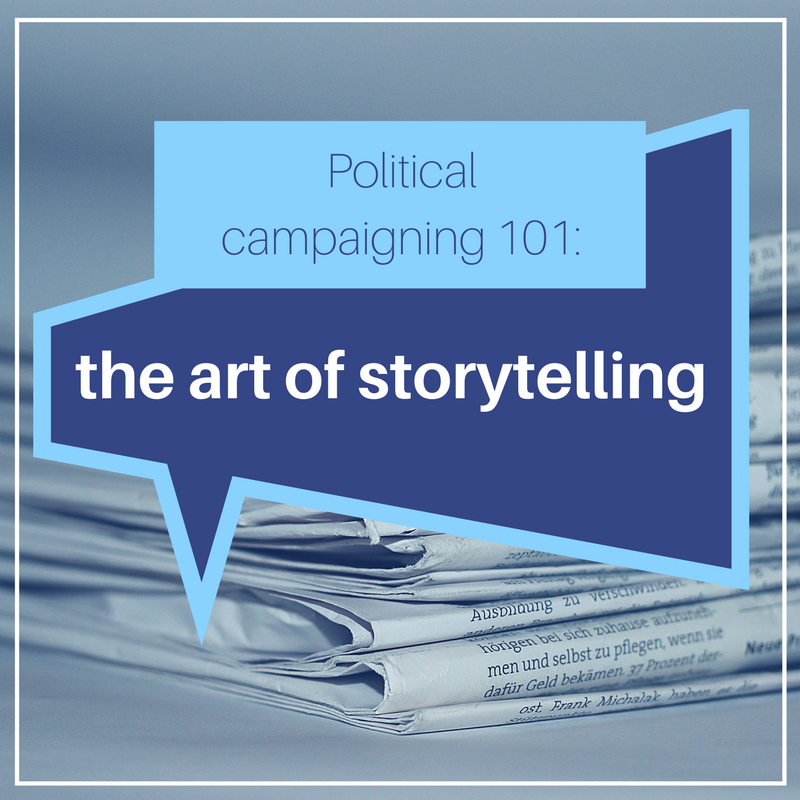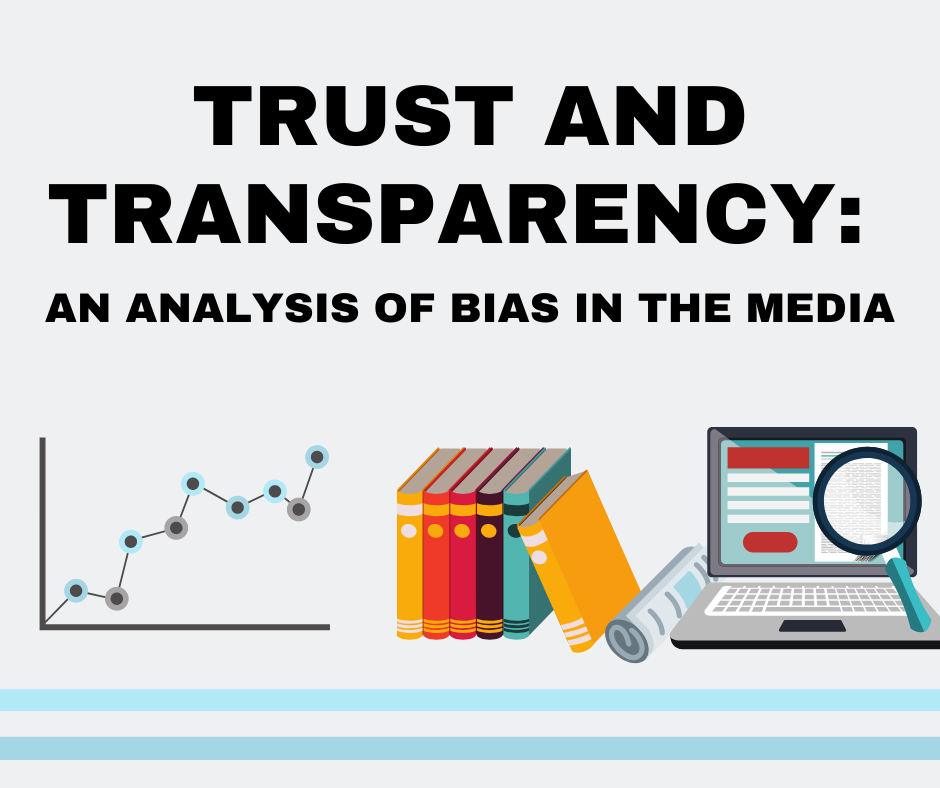Chelsea Tucker
For most of society, politics is on the back burner in their everyday lives. Should a scandal erupt or an election be looming, their interest piques. Other than that, personal matters tend to win society’s attention. The same can’t be said for Chad Bowie, campaign manager for the Progress Conservatives in the 2017 Nova Scotia election.
Growing up in Monastery, between Antigonish and Port Hawkesbury, his grandparents were the first to introduce him to politics. “Antigonish is a pretty Catholic town. Not as much anymore, but I think it’s still pretty prevalent at forming people’s political views,” Chad explains. This, coupled with his parents philosophically conservative views, helped to shape Chad’s own during his teenage years.
Although he had an interest in politics, Chad felt that journalism was his calling. That was until the dream was sidelined in university, when he got a taste of the political hustle and bustle. During his time at the University of Kings College in Halifax, he was fortunate enough to work for then Premier Rodney MacDonald. He put his acquired communications skills to use, and some would say he hasn’t stopped since.
“I love the art of persuasion,” Chad shares. When it comes to campaigning, he sees organization and communication as the two key elements. “If you can’t get the votes in the box, then it doesn’t matter. But you still have to give people a reason to vote for you, and that’s where the communications part comes in.”
Campaigning may seem like a foreign word to some, where old men in backrooms come to mind. But to put it simply, it’s telling a story.
“Those stories are often more emotive than cognitive, and at some point the story part becomes less important, the story has been told. Then it becomes about motivating and organizing people to actually go act on what you told them,” Chad illustrates.
During campaigns, political leaders and candidates are forefront, but their staff play a vital role in storytelling that is often forgotten. The leader sets the tone and the direction of the campaign, and ultimately the narrative, and their staff then work to implement it.
“Staff are the mechanics that make it happen, and good leaders will listen to staff and adjust,” Chad explains. This type of relationship relies heavily on trust.
After nearly a decade in politics, Chad has developed a golden rule: “One mistake that I made a number of years back, and I’ve learned a real lesson from it, is if you try to convince a politician or a candidate to do or say something that they don’t actually believe in, they will screw it up.”
Much like the art of communication, good politics relies on the truth to be the lead of the story. Like any public relations professional, campaign managers aim to paint a picture that speaks to their publics. When partisan passion meets creative writing, good campaigns are born.





